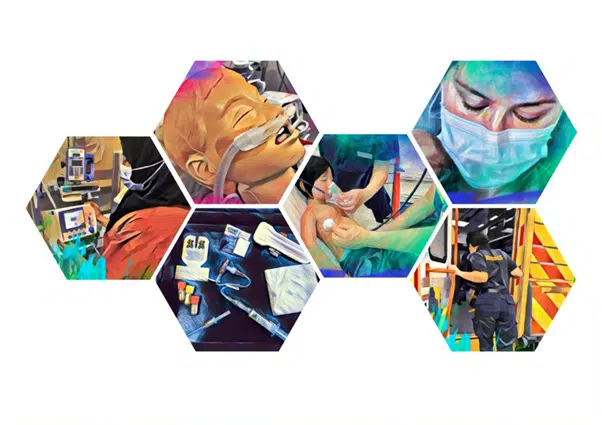5th November 2021
Francesca Wright, Education Team | Respiratory Surge in Children Programme at London Transformation and Learning Collaborative (LTLC) , shares the latest on the Respiratory Surge in Children programme.
Following the easing of restrictions brought in to control the spread of COVID-19, and just as we can allow ourselves to feel a little bit of a ‘new normal’ maybe on the horizon, we have been told to prepare for a winter like no other.
The measures brought in to reduce the spread of COVID-19 among the general population over the last two autumn and winter seasons have had a subsequent effect of an unusually quiet time in paediatrics, at least in terms of viral respiratory illness in babies and young children. Consequently, newly registered staff may have limited experiences of paediatric respiratory illness and existing staff have not been reaching for the respiratory pathways or managing these children in primary or secondary care.
Resources are being curated and developed to help practitioners in their knowledge, assessment and management of respiratory illness in children by the London Transformation and Learning Collaborative (LTLC) ** following on from their successful piece of work to support practitioners moving into adult critical care areas to help with the COVID-19 surge. The LTLC has built a small team of enthusiastic educators from nursing, medicine, physiotherapy, pharmacy and biomedical science. The programme provides free, open-access resources for staff who may be asked to support with the predicted paediatric surge right across the spectrum of care, from intensive care through the emergency departments and wards, and across community services too.
All of these resources are hosted on the e-Learning for Healthcare website (e-LfH). Staff may be familiar with the site having accessed other e-learning material there (lots of mandatory / vaccination training programmes are found here). The resources for the surge differ from the traditional e-learning packages and include videos, infographics, links to web pages and presentations. Each resource is introduced with a brief summary to help the learner decide whether it might fit their need, and has a handy time indicator to let you know how long it will take to complete.
This programme is moving at pace to curate a vast array of resources; these have been created by a range of professionals from across the country and kindly shared with the team for consideration. The team are using their combined knowledge and experience to ensure the resources that go forward to be added to the e-LfH hub are current, relevant and meet the needs of the programme. Each resource is assigned to one of seven domains, and then further stratified to a level of care; there is a whole section identified for those working in primary care.
The team are currently identifying gaps in the availability of resources and have started to create educational content to meet that need, this is allowing the creative members of the team to explore a range of media to ensure that the new resources are easy to engage with.
Please take a look here at the resources that have been put together, think about what you would need to re-cap on to support your assessment skills and decision-making for the babies and children you will see in your practice.
The project is continually evolving with new resources added fortnightly. All feedback is welcome, so please get in touch if you have any comments. The team is keen to keep adding to the resources and ensure that we have a broad reach – so, if you have something that you would like to share (all original authors acknowledged) or an idea for something that’s not covered, then send it in to [email protected].
**The London Transformation and Learning Collaborative (LTLC) is a joint venture on behalf of Health Education England and is supported by NHS England and Improvement.



